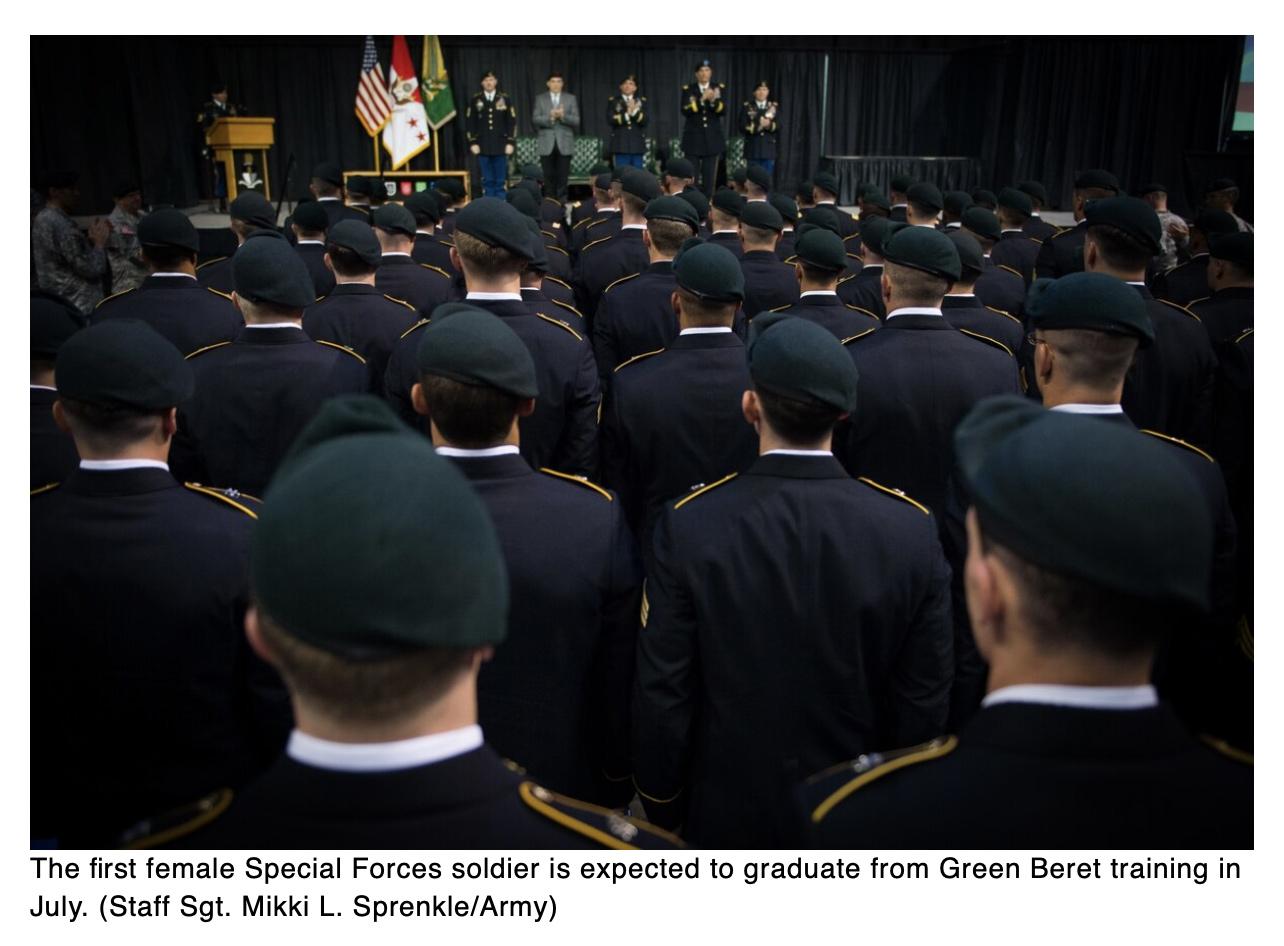
While another woman did complete the entire Q Course in the 1980s, she was ultimately denied the opportunity to graduate.
“The graduation of the first female U.S. Army Green Beret is an important and hard-earned milestone,” said Stefanik in a statement on Thursday. “This achievement is a testament to this soldier’s individual strength, courage and commitment, and also an important institutional milestone for U.S. Special Operations Command as it embraces the cultural change that will continue to make it the most successful and elite Special Operations Force in the world.”
The graduation date was first reported by Military.com on Friday afternoon. Sofrep was first to report in mid-June that the female candidate had passed the Robin Sage portion of the Q-Course.
Officials from Army Special Operations Command have previously declined to publicly announce when the first woman graduates the Q-Course, worrying that doing so could draw unnecessary attention to what is intended to be a career field made up of quiet professionals.
Stefanik is a member of the House Armed Services subcommittee on intelligence and emerging threats and capabilities, which has jurisdiction over SOCOM, likely making her privy to the milestone.
“I hope she is the first woman of many to wear the illustrious Green Beret,” Stefanik added in her statement.
The first woman to complete the Special Forces selection course did so in November 2018. Selection acts as a gateway to the rest of the Q-Course, but is no guarantee that a candidate will complete the entire program, which mints enlisted Green Berets as specialists in medicine, weapons, communications and engineering.
Women have long served alongside special operations units, however, working in enabler roles that often require them to be in direct action. For instance, Navy Senior Chief Petty Officer Shannon Kent, a cryptologist, was killed by a suicide bomber alongside an Army Green Beret and two other Americans in Manbij, Syria, on Jan. 16, 2019.
At least one other woman was considered qualified for Army Special Forces, according to a New York Times report from 1981. However, Capt. Kathleen Wilder was told just before graduation that she had failed a field exercise. She filed a sex discrimination complaint, which ultimately determined she had been wrongly denied graduation.